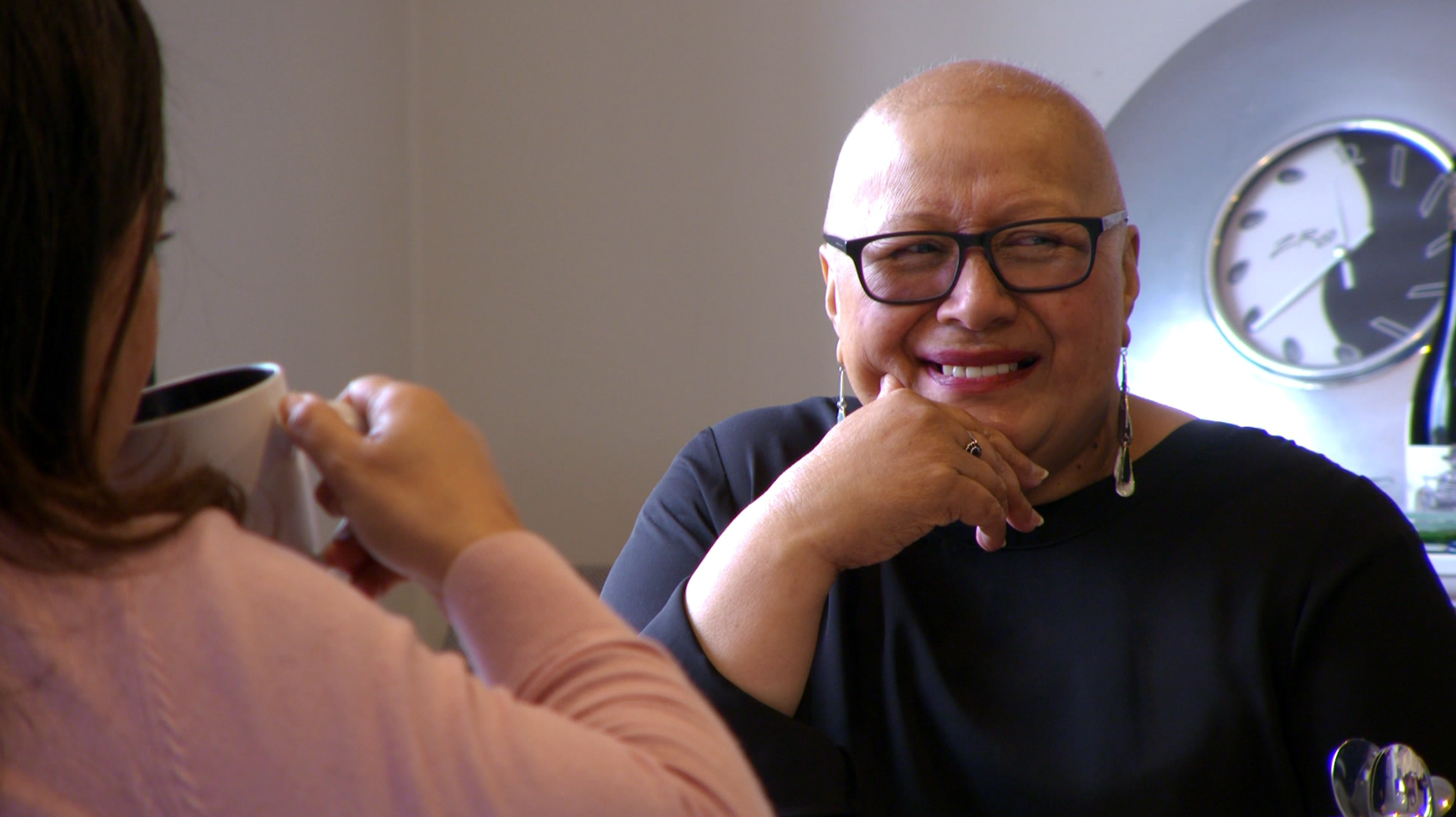A frontline healthcare worker says Middlemore Hospital’s emergency department is haemorrhaging staff who are leaving the industry and heading across the Tasman for better pay and conditions.
And she says she is concerned about the impact the loss of staff will have on the department’s ability to function during the upcoming winter flu season.
A damning report into the Middlemore Hospital ED in October, written by emergency physician Dr André Cromhout, said workforce shortages in emergency departments like Middlemore were resulting in untenable workloads for staff, leading to increased burnout and resignations of doctors and nurses.
The report was part of an independent inquiry into the death of a patient in June – after a woman left Middlemore’s emergency department (ED) after being told it would take hours for her to be seen.
“Staffing hasn’t gotten any better, in fact we have more nursing gaps than ever,” the ED worker said. “And more people are leaving to go to Australia. They just can’t handle the stress of working in an ED that’s working flat-out and unsafe.”
The health worker wanted to remain anonymous and said they feared being identified as it could jeopardise their career. She said the department could be up to nine nurses short each shift for a whole week.
“The hospital is full. At any one time there’s 50 to 60 patients waiting for a bed in one of the wards.”
But she said it didn’t have the capacity to move them out of ED, creating a backlog in the department.
“There was one patient recently who had to wait for 43 hours in ED for a surgical bed.”
A spokesperson from the New Zealand Nurses Organisation and Middlemore ED staff member said the department was continually short-staffed and vacancies were not being filled in time to keep up with resignations.
She said the shortages were putting patient safety at risk.
“This is all leaving nurses feeling increasingly stressed and they dread coming to work – which also impacts on staffing numbers, which again impacts on patient safety.”
In response Te Whatu Ora – Health New Zealand chairman Rob Campbell said he understood the pressure staff at Middlemore Hospital’s ED were under.
He said the staffing shortages in the country’s hospitals were complex and would take time for Te Whatu Ora to fix.
“But we do have a new intake of junior doctors going into our hospitals, including Middlemore, as we speak,” he said.
“And the new pay equity rates for nurses, which should be in people’s hands soon, will make it more attractive to work as a nurse and will help bring more people back into the industry.”
But when asked if he was confident the staffing shortages plaguing Middlemore’s ED would be addressed in time for the next winter flu season, he admitted they wouldn’t and would continue to impact services.
“We are going to continue to be short staffed, that’s a fact,” Campbell said. “But we’re doing what we can, just like our staff are doing, but it’s a long hard road from the position we’re in.”











